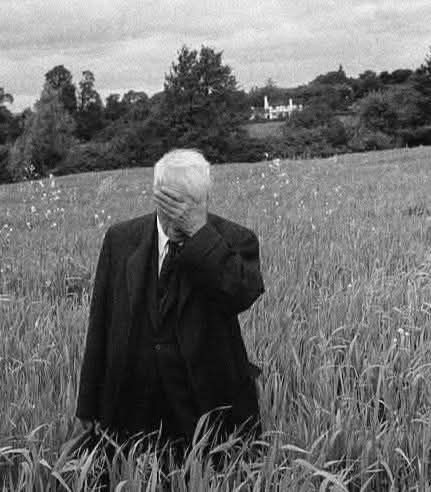Robert Frost wasn’t the kindly old poet America imagined — he was a man who clawed beauty out of heartbreak.
His poems sounded calm, but his life was anything but. Frost grew up poor, anxious, and fiercely intelligent — a boy who read by candlelight and lost faith in stability before he even found it. His father drank himself to death when Robert was eleven. His mother turned to spiritualism. By the time Frost was twenty, he had already buried his first child. The rest of his life would be a tug-of-war between creation and collapse.
He tried everything but poetry first — farmhand, schoolteacher, newspaper editor — all failures. By 38, broke and desperate, he sold the family farm and took his wife and kids to England. That decision changed everything. In a rented cottage near Beaconsfield, Frost wrote the work that would make him immortal: The Road Not Taken, Mending Wall, After Apple-Picking. His poems looked pastoral, but they hid razor blades inside — loneliness, indecision, the violence of choice. He once said, “A poem begins in delight and ends in wisdom.” His began in pain and ended in survival.
Tragedy followed him like a shadow. Two more children died young. His wife, Elinor, whom he adored, grew frail and depressed. One son took his own life. Frost carried that grief into every poem. That’s why his woods felt real — not as scenery, but as sanctuary. He wrote about nature not to escape people, but to forgive them, and himself.
In 1961, at 86, he stood in the freezing sunlight at John F. Kennedy’s inauguration, ready to read a new poem he’d written for the moment. The glare blinded him, the paper shook in his hands, and he couldn’t see a word. So he lifted his head and recited “The Gift Outright” entirely from memory — turning what could have been humiliation into one of the most moving performances in American history.
Robert Frost wasn’t a soft poet of snowy woods. He was a survivor who stitched philosophy to grief.
He didn’t write about nature’s peace — he wrote about how to keep walking when peace is gone, and the only sound left is your own heartbeat against the cold.
